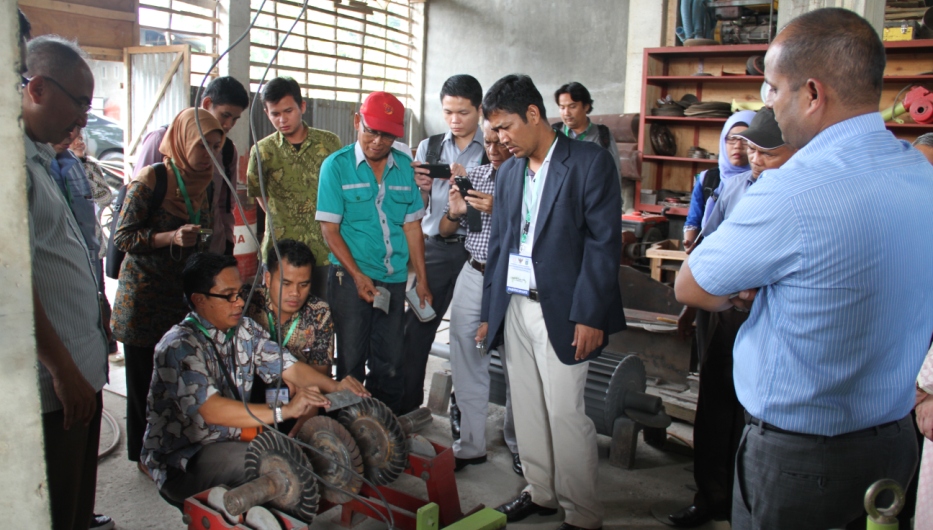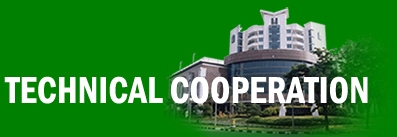Renewable Energy
Utilization of renewable energy as main ingredient of electrical source has several advantages as follows (Jarass, 1980):
-
It is relatively accessible;
-
It has low operational cost;
-
It produces small amount of wastes;
-
Its production process does not cause global warming; and
-
It is not affected by oil price instability.
 Despite its advantages, world renewable energy is still dominated by developed countries, both public and private sectors. Some developing countries, particularly South Africa, are starting to produce various types of renewable energies that have potential to increase participation level in trade on renewable energy. However, most renewable energies produced by developing countries are not directly supplied by the respective countries, but rather through companies in developed countries. Other factors such as subsidy, financing capacity, investment and patent help accelerating trade expansion of renewable energy from developed countries. Despite its advantages, world renewable energy is still dominated by developed countries, both public and private sectors. Some developing countries, particularly South Africa, are starting to produce various types of renewable energies that have potential to increase participation level in trade on renewable energy. However, most renewable energies produced by developing countries are not directly supplied by the respective countries, but rather through companies in developed countries. Other factors such as subsidy, financing capacity, investment and patent help accelerating trade expansion of renewable energy from developed countries.
To date, there is contestation between developed and developing countries in lifting up subsidy and tariff. According to developed countries, subsidy is very important to support eco-friendly production in order to realize green economy. Meanwhile, according to developing countries, subsidy of developed countries may cause over-production and uncompetitive commodity from developing countries.
 In order to put the condition back on an even kneel, developed countries are encouraged to reduce the subsidy, while developing countries are encouraged to reduce the tariff. Technology transfer and capacity building from developed countries to developing countries are also important to stimulate domestic demand. Intellectual property rights and patent rights should not become barriers to transfer technology and capacity to developing countries, because in the framework of ecological enhancement, there is no single country controlling particular technology. In order to put the condition back on an even kneel, developed countries are encouraged to reduce the subsidy, while developing countries are encouraged to reduce the tariff. Technology transfer and capacity building from developed countries to developing countries are also important to stimulate domestic demand. Intellectual property rights and patent rights should not become barriers to transfer technology and capacity to developing countries, because in the framework of ecological enhancement, there is no single country controlling particular technology.
Since 2007, NAM CSSTC has organised trainings on renewable energy involving participants from Asian region. The themes are ranging from micro hydro to biogas.
|

